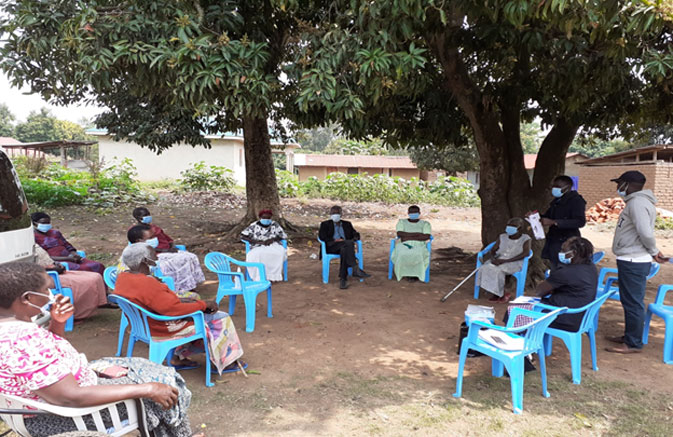AMFIU in partnership with opportunity bank recently conducted a study determine the level of financial literacy knowledge of persons with disability. The study was undertaken among the isave groups in eastern Uganda. Both quantitative and qualitative methodologies were employed to collect and analyze the data to reach the recommendations.
According to the study, in terms of financial literacy training at least 60% of the respondents had received trainings in financial literacy yet only 45% exhibited confidence in handling money matters. In addition, deeper probing into the knowledge on the modules attended indicated gaps that can be covered through conducting more such trainings observing the proposed conditions as detailed in the report.
On knowledge in business skills development the study found out that 93% of the respondents were running businesses with 63% of these keeping some form of records. On establishment of whether they had received any sort of training in managing business 42% responded in affirmative.
In the area of digital finance, the study found out that 90% of the respondents owned mobile phones. 58% of the respondents acknowledged that using the phone in saving and getting a loan makes it easier to access credit, 39% were comfortable using their phones to save and a bigger number of 60% said no to use of the phone for digital credit.
The interventions that can be observed to attract persons with disabilities to formal financial services, majorly focused on reducing barriers in terms of physical access as well as information and the use of non-discrimination approaches. Charging lower fees and special rates were also highlighted and the active mobilization of persons with disabilities for trainings.
In the area of proper channels of communication for media campaigns on financial literacy, the study found out that only 2% of the respondents owned TV sets making the radio campaigns more suitable for passing the massages on to the communities.

